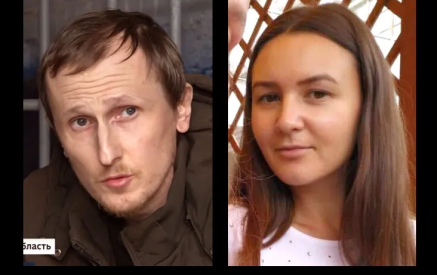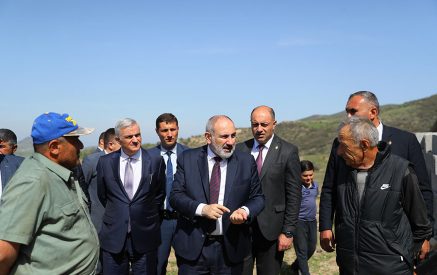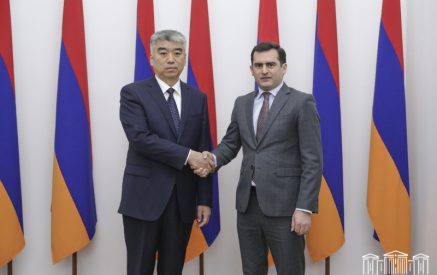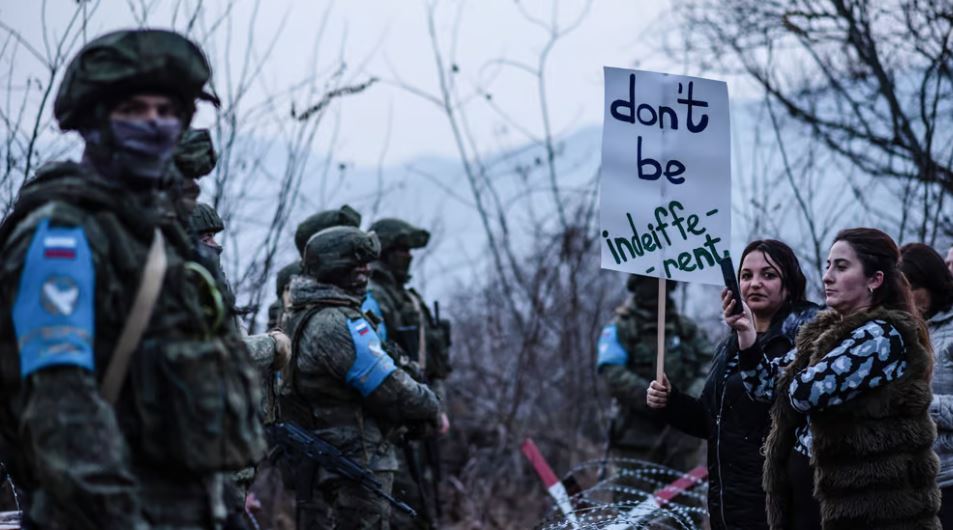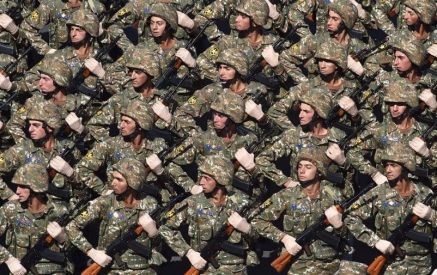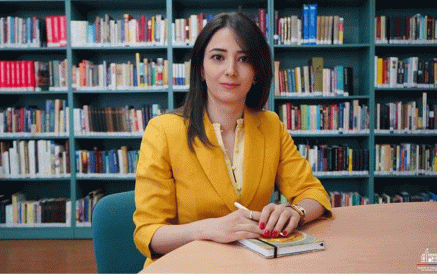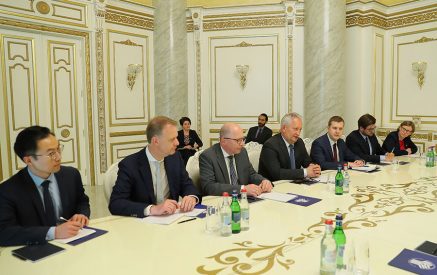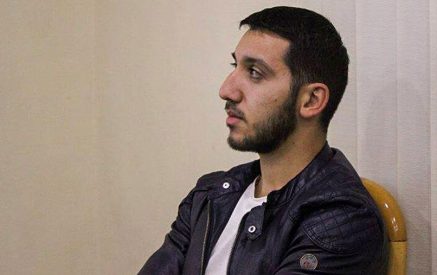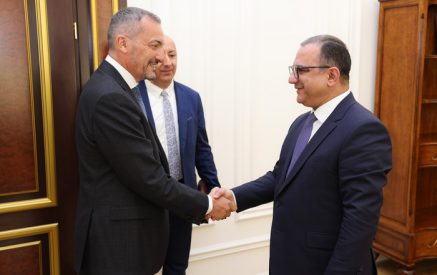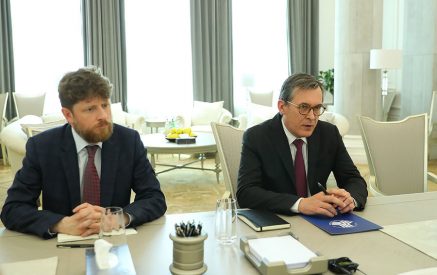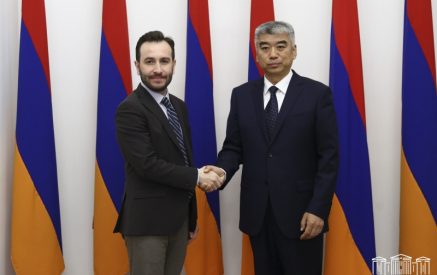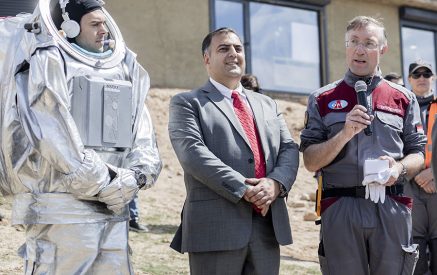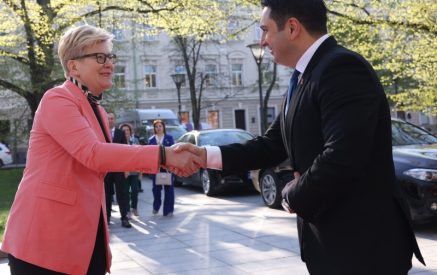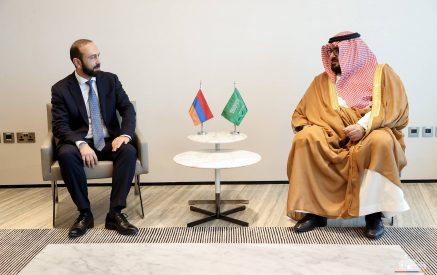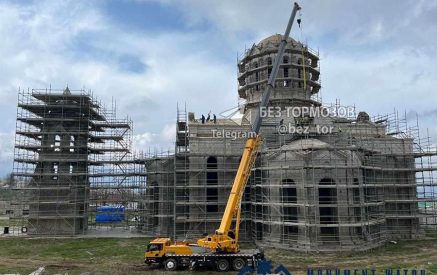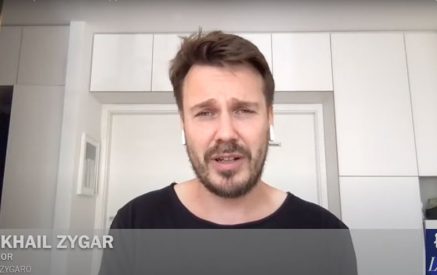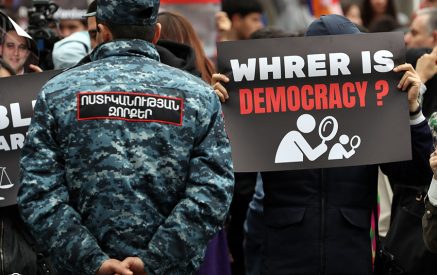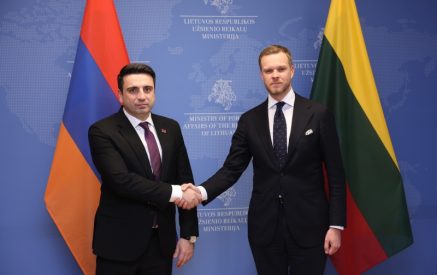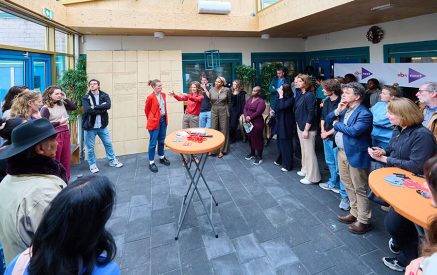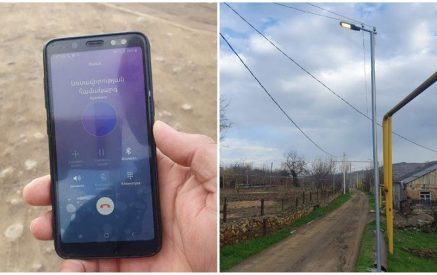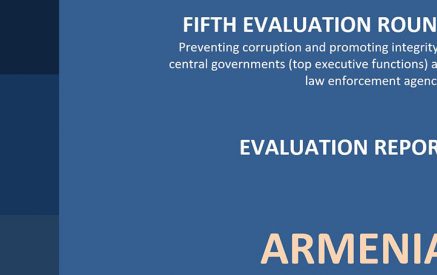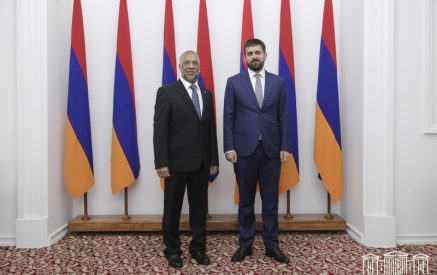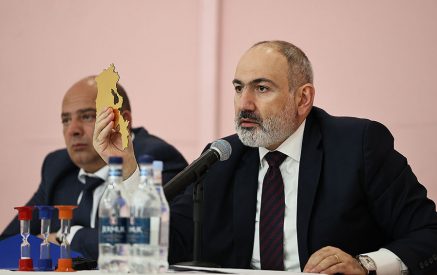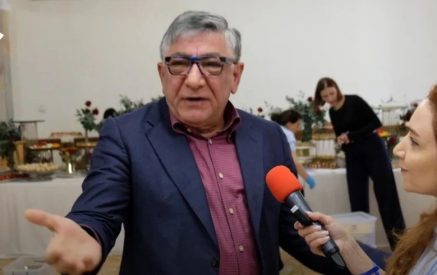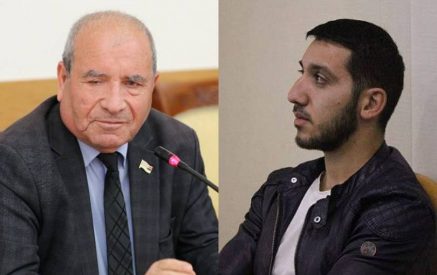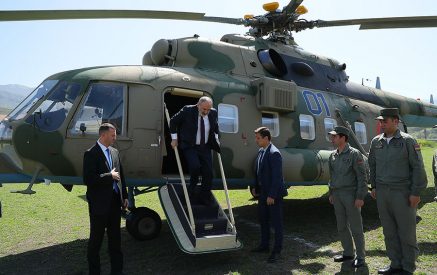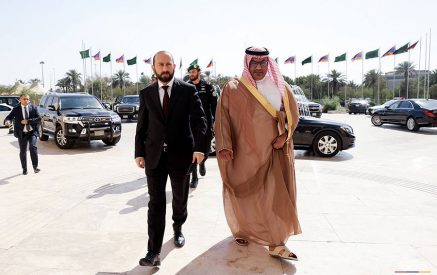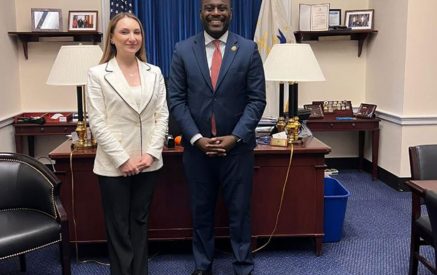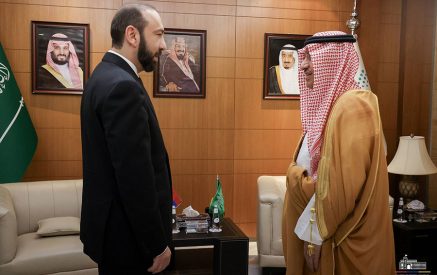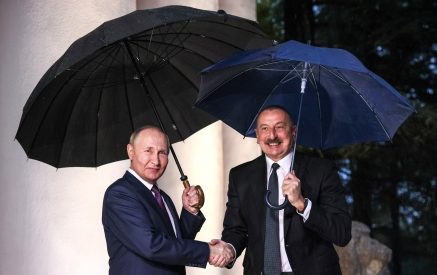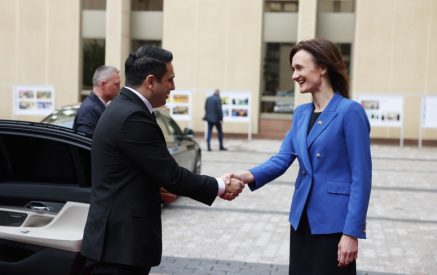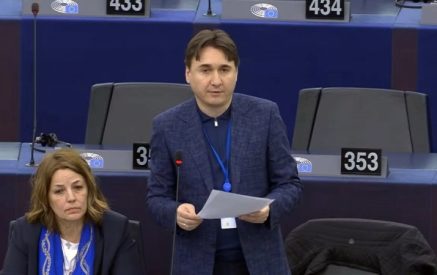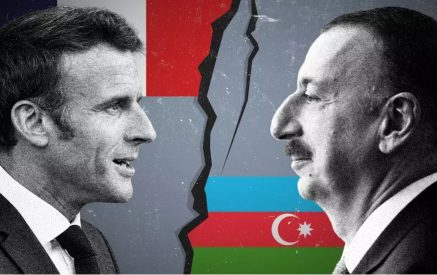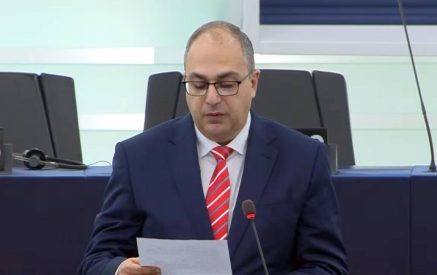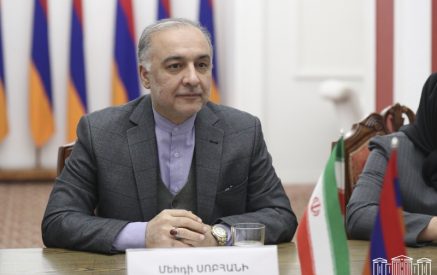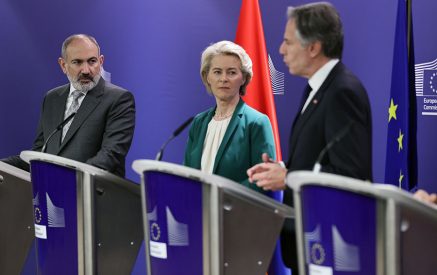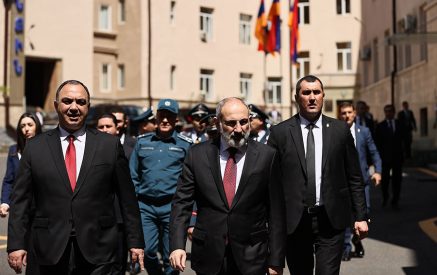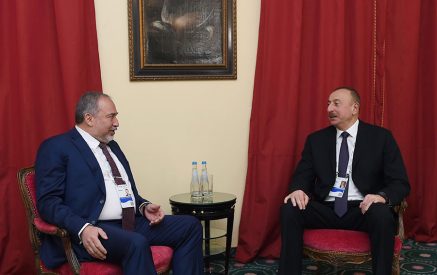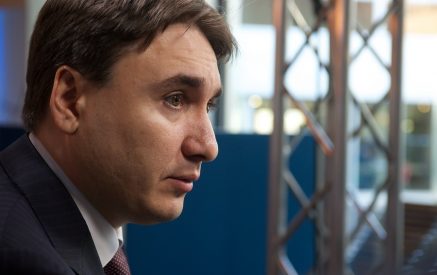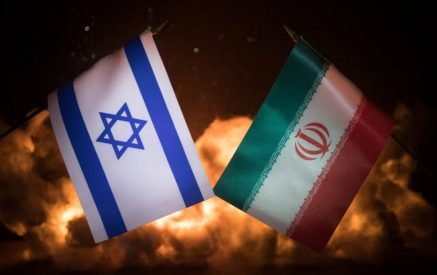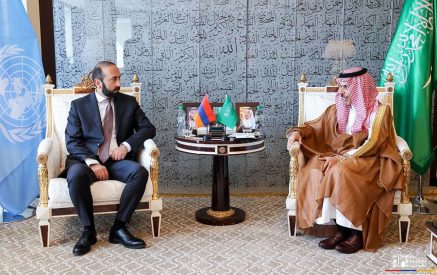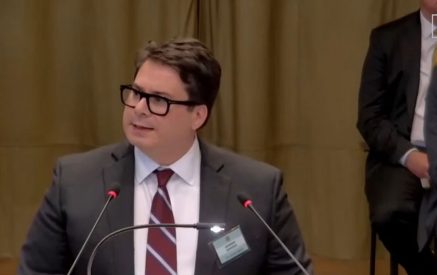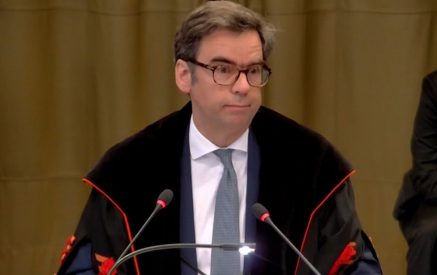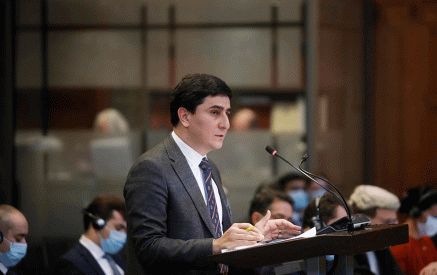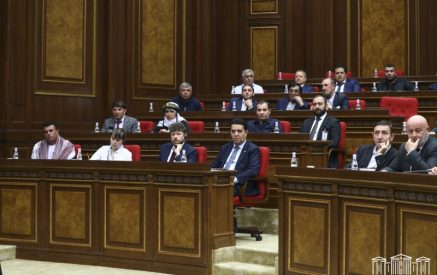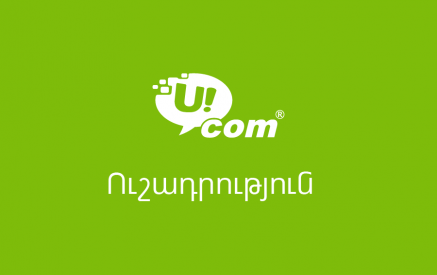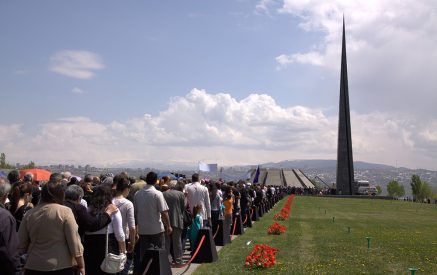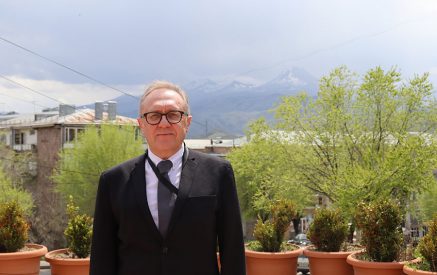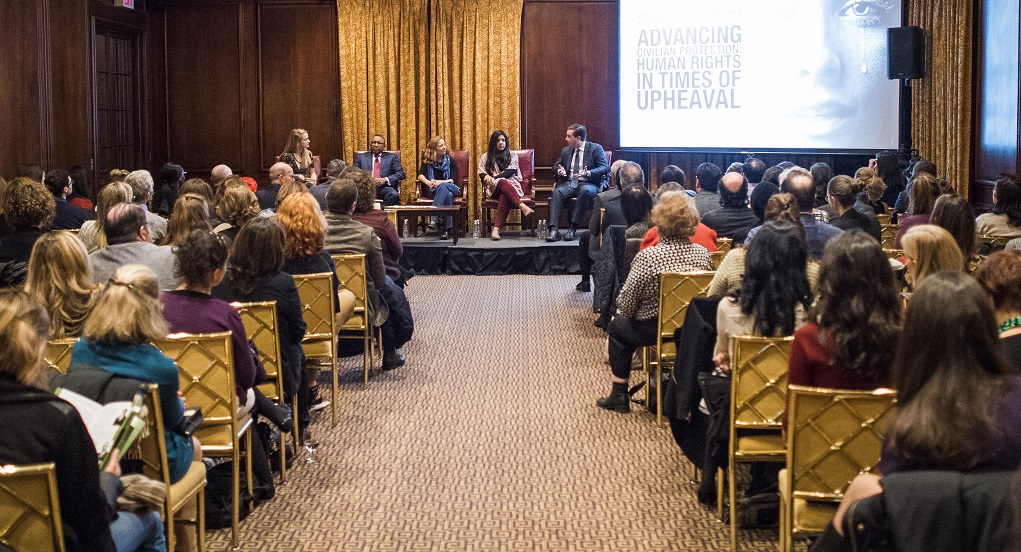To broaden the discourse on genocide and crimes against humanity and to help spark action to prevent future atrocities, the Armenian General Benevolent Union (AGBU) and News Deeply mark the United Nations International Day of Commemoration of Victims of Genocide with a panel discussion featuring experienced human rights practitioners and well-known journalists and filmmakers.
Advancing Civilian Protection: Human Rights in Times of Upheaval, which took place on December 6 before a capacity crowd at the Harvard Club in New York City, shed light on past and ongoing atrocities with the goal of engaging stakeholders and the public to take action. Panelists discussed how genocides and crimes against humanity continue to occur all around us today, including in Burundi, Myanmar and Central African Republic. The key takeaways included the importance of documenting these crimes as they happen, ensuring a timely response and, most importantly, preventing the atrocities before they even happen.
In her opening remarks Lara Setrakian, the co-founder of News Deeply and an award-winning journalist, talked about the responsibility of global Armenians to engage in human rights awareness. “This panel is about hearing from people who truly have the best knowledge, the best reason to share to help us all figure out a way forward,” said Setrakian in an interview following the discussion.
Both sessions were moderated by Anna Therese Day, an award-winning independent reporter and social media researcher. The first session featured Evan Cinq-Mars, the United Nations advisor at Center for Civilians in Conflict; Omer Ismail, senior advisor at Enough Project; Akshaya Kumar, deputy United Nations director at Human Rights Watch and Dr. Bridget Moix, US senior representative at Peace Direct. The speakers explored ongoing crimes against humanity, early warning signs and the role of local experts and civil society activists in the prevention of mass crimes.
Cinq-Mars noted that the scale and number of atrocities create difficulties for the international community to respond in a timely and appropriate manner, adding that it is a continuing challenge to translate “early warnings of eminent atrocity crimes or conflicts into early actions to prevent them.” Picking up on this topic, Moix, focused on grassroots activism on the ground and the need for prevention. “People at local community level are the first respondents,” said Moix, whose organization supports local grassroots peacebuilding movements. “They see what is happening before the international community does. They can act before the international community acts.” Ismail, a native of Darfur and a former refugee, also emphasized the importance of attentiveness of locals who should identify the emergence of violence on the ground. “In Darfur, we never thought it would happen to us,” said Ismail, who created a network to share experiences of other communities that experienced genocides. Akshaya Kumar, touched upon the urgency of documentation of atrocities, advocacy work and public mobilization for action, saying, “Just like in Central Africa and South Sudan, knowing is not enough, because there isn’t action.”
In the second session, the conversation focused on the power of storytelling and the role of films and the media in documenting atrocities and educating the public, as well as encouraging people to take action. Award-winning directors Evgeny Afineevsky (Winter on Fire and Cries from Syria) and Terry George (The Promise and Hotel Rwanda), as well as Sherine Tadros, representative and head of New York (United Nations) Office, Amnesty International, engaged in a thought-provoking discussion, sharing their experiences of shaping narratives around human suffering. For Sherine Tadros, who was one of two journalists reporting from Gaza Strip during the war in 2008-2009-captured in the documentary The War Around Us (2014)-having access to people on the ground and humanizing victims are critical to making their stories more meaningful for the rest of the world. Evgeny Afineevsky, whose documentary Cries from Syria depicts war through the eyes of children, introduced the critical context that is missing in the mainstream media narrative about the humanitarian and refugee crisis. “I realized that the world doesn’t know anything about Syria,” said Afineevsky, adding that with this film he aims to help everybody understand the Syrian crisis and the Middle East. Terry George, whose film Hotel Rwanda changed the discourse on the Rwandan Genocide, emphasized the power of cinematography. “If you can tell a story about ordinary people who managed to overcome the great evil and prove the strength of the human spirit, they can entice ordinary people around the world to pay more attention to what they see on the news or become more involved,” he said.
Intrigued by the discussion, the audience sought recommendations on actions individuals can take to help enforce change Akshaya Kumar once again highlighted the impact of communicating public concerns to policymakers who would feel the need to act under public pressure and think of victims at the very stages of response. “And it’s particularly salient, of course, to speak to the Armenian community about that because you and your families know how long those wounds last and for how many generations people feel the impact for that,” she added.
For some guests, the event was an opportunity to reflect on the past and present human rights issues. “The event made history come to life,” said Bob Morgenthau, the great-grandson of Henry Morgenthau, the United States Ambassador to the Ottoman Empire during the Armenian Genocide. “It was incredible to have the twin perspectives of two different panels; to have activists talk about their various personal stories and have storytellers tell how they are communicating these stories.”
In September 2015, the United Nations passed a resolution- introduced by Armenia-declaring December 9 as the International Day of Commemoration and Dignity of the Victims of the Crime of Genocide and of the Prevention of this Crime, to raise awareness of the International Convention on Prevention and Punishment of the Crime of Genocide and honor genocide victims.

